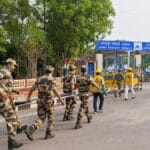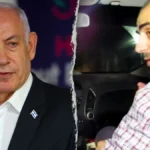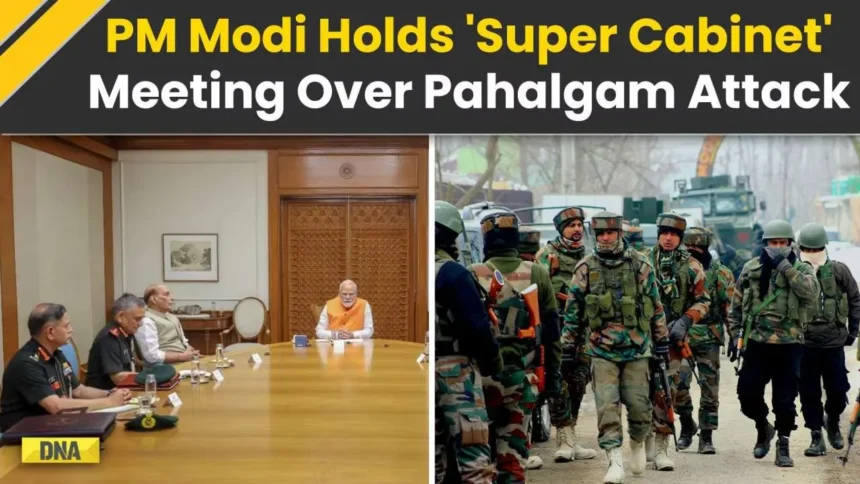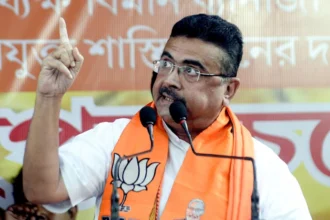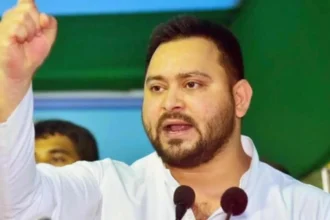Following the terror incident in Pahalgam, Prime Minister Narendra Modi adjourned the Cabinet Committee on Security. 26 individuals were killed in the incident. India thinks about both diplomatic and military solutions. The Indus Waters Treaty was suspended by India. The military is quite vigilant. Lashkar-e-Taiba is a terror cell located in Pakistan, according to preliminary findings. Pakistan is dealing with domestic issues. Prior to any possible strike, the administration aims to bring the country together.
Prime Minister Narendra Modi wrapped up the Cabinet Committee on Security (CCS) meeting at his home today in response to the latest terrorist assault in Pahalgam. In light of the occurrence, the meeting’s main topic was security readiness. According to PTI, it is believed that the CCS meeting examined the general state of security in Jammu and Kashmir.
Ministers in charge of defense, domestic affairs, finance, and international relations make up the CCPA, which is sometimes referred to as the government’s “Super Cabinet.” India’s immediate and long-term actions, from diplomatic and economic measures to military retribution, must be finalized by these authorities.
The members of the CCS were given a thorough briefing on the Pahalgam incident during their previous meeting on April 23. One Nepali citizen and twenty-five Indian people were killed in the incident.
The Prime Minister’s home served as the venue for the CCS meeting as well as meetings of the Cabinet Committee on Political Affairs (CCPA) and the Cabinet Committee on Economic Affairs (CCEA). According to PIB, a cabinet briefing is planned for 4:00 PM today
During the CCS briefing, officials highlighted the cross-border connections of the terrorist attack. They noted the attack occurred after successful elections in the Union Territory and its progress in economic growth.
In order to send a clear message to Pakistan about its support for cross-border terrorism, the government has proposed sanctions, such as putting the Indus Water Treaty on hold.
According to sources who spoke to ANI, the Indian government has also made the decision to reorganize the National Security Advisory Board (NSAB). The NSAB will be led by Alok Joshi, who previously oversaw the Research and Analysis Wing (RAW).
Additionally, the board adds six additional members. Rear Admiral Monty Khanna, Lieutenant General A.K. Singh, a former commander of the Southern Army, and Air Marshal P.M. Sinha, a former Western Air Commander, are among these retired military commanders. Manmohan Singh and Rajiv Ranjan Verma, both retired from the Indian Police Service, are also joining the board. B. The team consists of seven members, including retired IFS officer Venkatesh Varma.
The Pahalgam Disaster: A Nation in Sorrow
When four extremists opened fire on visitors in the Baisaran meadow on April 22, 2025, a calm day in Pahalgam became a nightmare, leaving 26 people dead and many more injured. When Rishi Bhatt, a visitor, was ziplining over the region, he unintentionally recorded the terrifying event on camera. The now-widely-shared video captures the unexpected burst of gunfire and the resulting mayhem as people sprinted for their lives.
According to reports, the assailants asked victims about their beliefs before shooting them, targeting them based on their faith. The already tense ties between India and Pakistan have gotten worse as a result of this horrible crime, which has also rocked the country.
India’s military and diplomatic actions as part of its strategic response
Prime Minister Modi gave the military “complete freedom to decide on the mode, targets, and timing” of India’s military response to the strike. The government’s determination to take firm action against the guilty is reflected in this judgment.
At the same time, India has taken a number of non-military actions against Pakistan, such as revoked visas, closed the Attari border, and suspended the Indus Waters Treaty. These actions are intended to apply diplomatic pressure.
A military reaction is anticipated.
The pattern is similar to earlier retaliations by India. Ten days after the terror assault in 2016, the surgical strike was executed in Uri. Prior to the Balakot airstrike in 2019, Pulwama saw a similar delay. A retaliatory action is considered a matter of “when, not if,” given the senior ministers’ words and present preparations.
Reconnaissance is under progress, and the Indian military has been placed on high alert throughout the border zones. In anticipation of any attempts to undermine the stability of the area, security forces have also increased their monitoring in J&K.
India began a targeted diplomatic push to garner worldwide support within days of the Pahalgam attack. Vikram Misri, the foreign secretary, briefed diplomats from more than 25 nations, including Gulf and G20 countries. He described India’s zero-tolerance policy against cross-border terrorism and compared the attack’s scope to that of the 2008 Mumbai bombings.
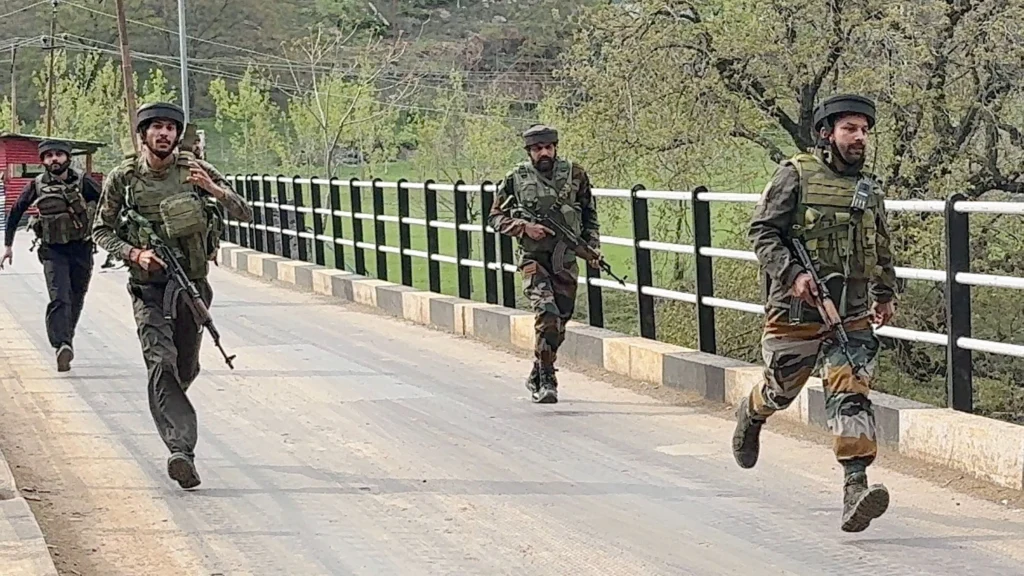
More than 130 nations have allegedly sent letters of sympathy to India. To foster consensus, PM Modi and External Affairs Minister S. Jaishankar have individually addressed international leaders. The New York Times claims that this approach is intended to set the foundation for military action rather than de-escalate the situation. “New Delhi appears to be building a case for military action against its neighbour and archenemy,” the paper stated.
To guarantee political agreement, the administration has also taken domestic measures. In Parliament, an all-party meeting was called. Following the conference, Rahul Gandhi, a Congress MP, stated, “All parties condemned the terrorist attack and offered full support to the government.” The government should act decisively, according to AIMIM president Asaduddin Owaisi, who attended the meeting after receiving a direct contact from Home Minister Amit Shah.
Prior to any possible strike, the briefing sought to promote national unity and prevent political splits. In order to preserve continuity with earlier precedents, where bipartisan backing was essential prior to surgical measures, PM Modi has made an effort.
For more updates and other exciting news, visit our website now!





